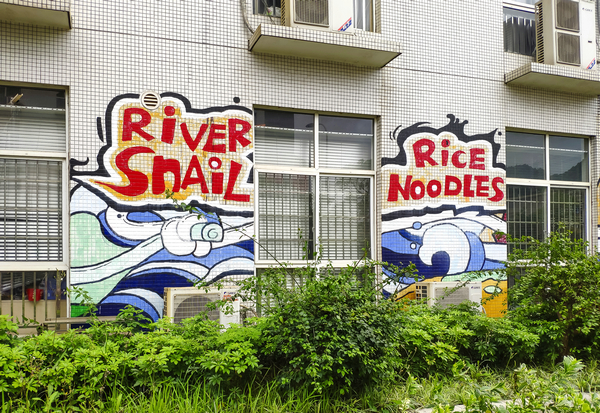Taste treat that will first hit your nose
Stinky tofu may seem like the ultimate antidote to sweet fragrance, but in snail noodles it has a competitor.


In recent years luosifen have grown in popularity, even though you could not say they had taken off across the country. But then came COVID-19 and a greater reliance of hundreds of millions of Chinese on online shopping over the past six months, and the renown or notoriety-of luosifen, rocketed. Among the monickers attached to it on the internet were "King of Darkness", "gastronomic bioweapon", the food "that puts your friendship with your roommates to the test", and the food "with the smell of a broken toilet".However, rather than driving away would-be customers, and perhaps future connoisseurs, of the noodles, it has transformed in 2020 into a nationwide sensation.
The Liuzhou Municipal Bureau of Commerce says daily production and sales of the noodles doubled from before the pandemic to 3 million bags. Those surging sales have fed growing interest on the internet in the noodles, which in turn has no doubt generated growing sales.
In May the People's Daily and Li Ziqi, a video blogger with 11.9 million followers on YouTube and 26 million on Sina Weibo, released their collaboration luosifen, and hit newspaper headlines. Last month Wuling Motors, one of China's biggest pickup truck and minivan makers, launched Wuling limited edition luosifen, and this month Li Ziqi announced that she had invested in the construction of a luosifen factory in Liuzhou and had formed a strategic partnership with the local government on Liuzhou snail noodles.
"Judging from these operations, there is no doubt that everyone is rushing to create topics to attract the attention of young consumer groups," says Guo Xin, a marketing professor at Beijing Technology and Business University.




































